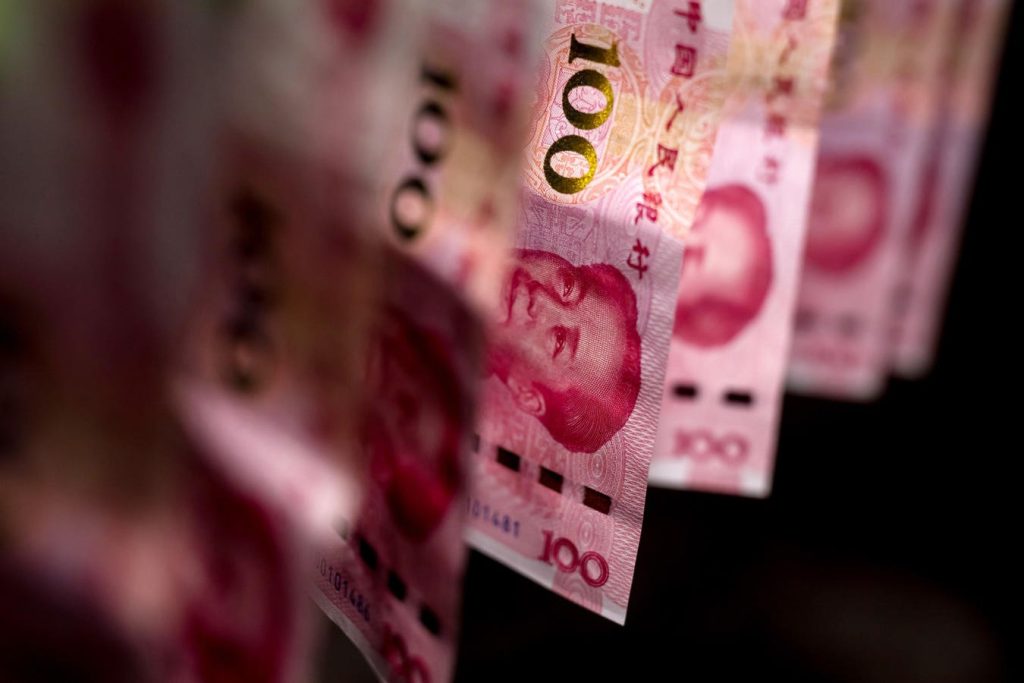The People’s Bank of China has allowed the exchange rate of the yuan to weaken to levels not seen since January. This move comes at a significant time as the Japanese yen continues to decline, China faces deepening deflation, and the U.S. election draws nearer. The timing of these events could have significant geopolitical implications, especially as Americans prepare to head to the polls in November to decide whether Joe Biden will be re-elected or if Donald Trump will have another shot at the presidency.
The potential weakening of the yuan to boost exports could make China a major issue in the upcoming U.S. election. While both Biden and Trump have taken a tough stance on China, a move to devalue the yuan could escalate tensions and lead to increased tariffs and trade wars with the U.S. Trump has been vocal about his concerns regarding China stealing American jobs and has proposed high tariffs on Chinese goods, while Biden recently imposed tariffs on China-made electric vehicles.
There are concerns that a weaker yuan could lead to further economic challenges for China, including default risks among property developers with significant offshore debt. Additionally, it could set back efforts to internationalize the yuan and displace the dollar as the global reserve currency. Despite these risks, the People’s Bank of China may see a weaker exchange rate as a way to boost the economy and combat deflation, potentially outweighing the possible negative consequences.
While the PBOC’s recent maneuvers have sparked speculation about Beijing’s approach to ending deflation, the challenge lies in finding a balance between a currency level that supports economic growth without driving capital outflows. Xi Jinping’s government may view a more advantageous exchange rate as a way to dispel concerns about China slipping into a Japan-like economic stagnation. With the yen’s decline this year, China may feel they have the geopolitical cover to further soften the yuan, potentially increasing financial and political risks globally.
As the situation unfolds, it remains to be seen how China’s decision to potentially lower the value of the yuan will impact the global economy and political landscape. The implications of this move could have far-reaching consequences, especially as tensions between China and the U.S. continue to escalate. The outcome of this situation could potentially influence the results of the upcoming U.S. election, as both candidates have taken tough stances on China and its economic policies. Only time will tell how this situation will play out and what the long-term effects will be on the global financial markets and diplomatic relations.


